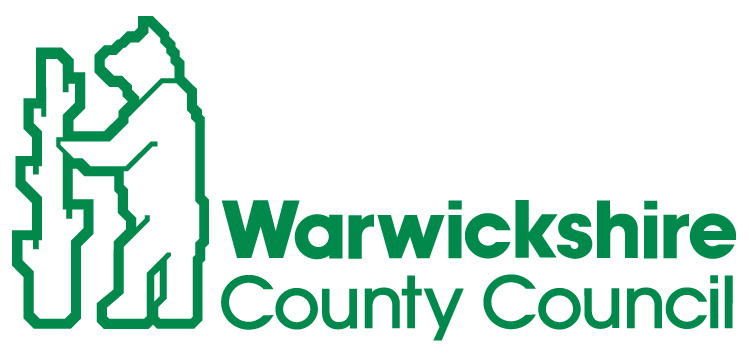
Warwickshire County Council (WCC) focused on key priorities at today’s Council meeting, including keeping Warwickshire communities safe, supporting vulnerable young people, expanding school capa...
Warwickshire County Council (WCC) focused on key priorities at today’s Council meeting, including keeping Warwickshire communities safe, supporting vulnerable young people, expanding school capacity and advancing greener public transport options.
The Council approved minor modifications to Warwickshire Fire and Rescue Service’s (WFRS) Community Risk Management Plan, which sets out the key challenges and risks facing Warwickshire communities and how WFRS will address and mitigate them. The updates reflect changes following WCC’s Cabinet approval in July 2024 of a new operating model for WFRS. These updates include information on resilience teams, appliance availability, and clarification on WFRS’s response model and resource deployment.
The Council also approved Warwickshire’s Youth Justice Plan, a statutory requirement for all local authorities. This plan builds on recent successes, including achieving low numbers of children in custody, alongside consistent reductions in both offending and reoffending rates.
Two new education projects were also ratified by the Council: the expansion of Shipston High School and the construction of a new primary school at Callendar Farm. These projects, previously approved by Cabinet, required Full Council ratification as their combined value exceeds £2 million.
In addition, the Council signed off a £13.864m addition to the Capital Programme for the Warwickshire Zero Emission Bus Regional Areas (ZEBRA)2 Scheme. This investment will fund 27 zero-emission buses and charging infrastructure, furthering the county’s commitment to sustainable transport.
Cllr Izzi Seccombe, Leader of Warwickshire County Council, commented: “I was delighted that Council signed off on two of Cabinet’s decisions that will do so much to support our ambition to give our children the best education possible as well as our commitment to becoming net zero in terms of Carbon emissions by 2030.
“It was also encouraging to approve a Youth Justice Plan that will provide effective support for vulnerable children and young people, offering alternatives to custody and helping them to become productive members of our communities. We hope this plan will continue the progress made by its predecessors.”
The webcast of the meeting can be viewed here.